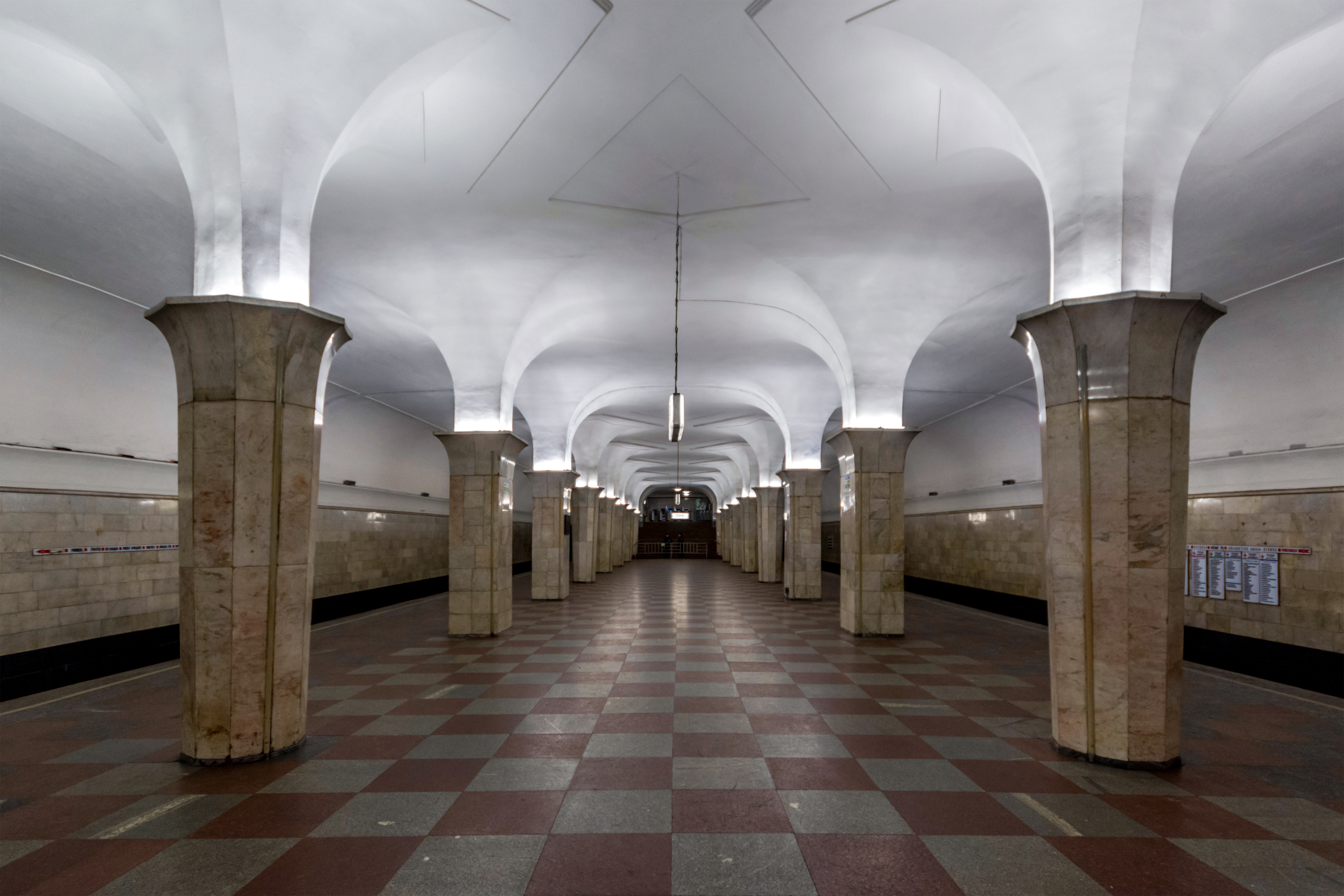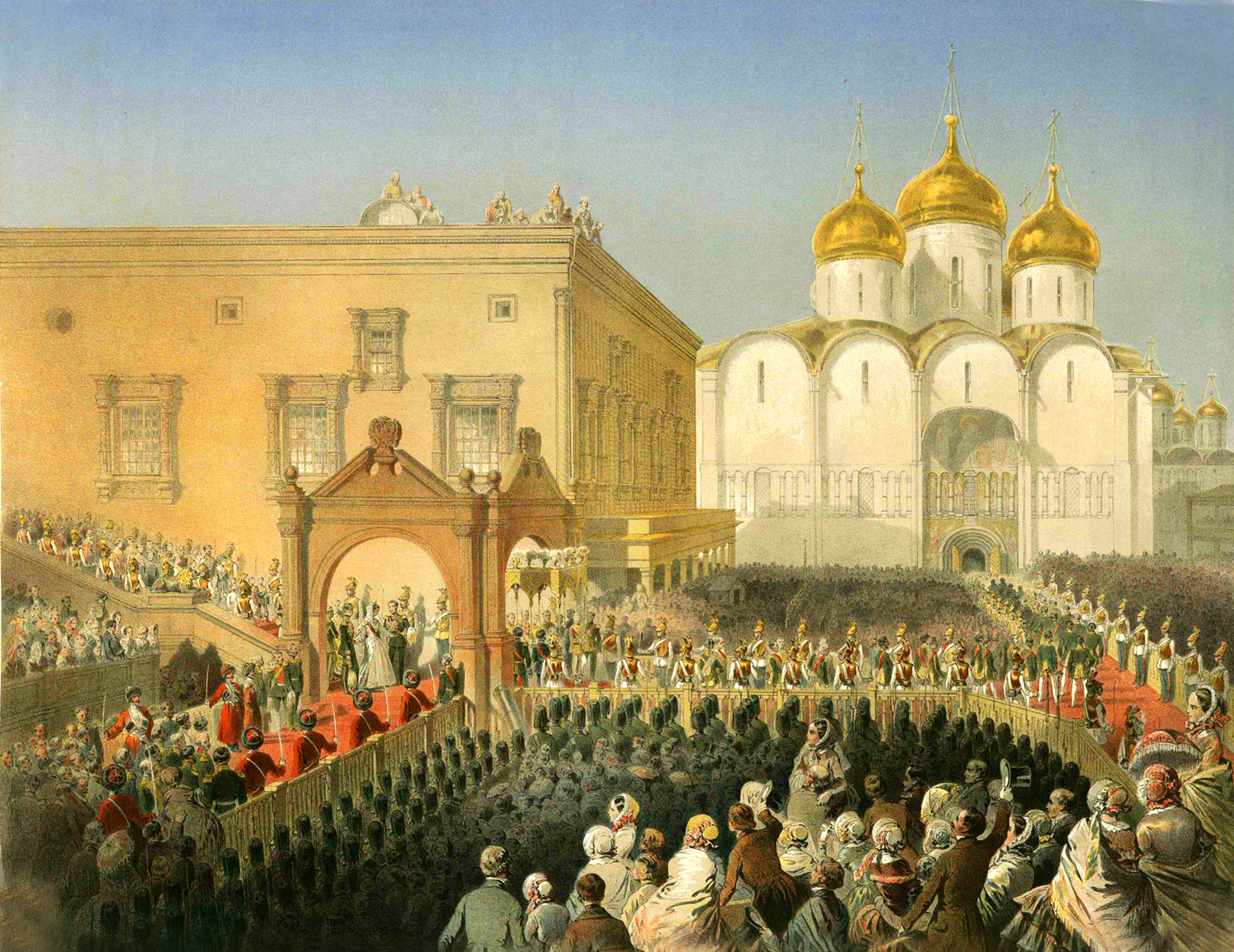|
Boleslav Kukel
Boleslav Kazimirovich Kukel (; 1829–1869) was a Russian general, Governor of Transbaikalia, officially "the chief of General Staff of East Siberia," a geologist and geographer, and a Lithuanian strongly inspired with the modern ideas of the epoch, who maintained personal connections to various Russian radical political figures exiled to Siberia. History As Officer He was known to have kept personal copies of the works of Alexander Herzen, published in London, in his own officer's library. With the Anarchists Kukel's aide-de-camp was the famous Anarchist, a young Peter Kropotkin, with whom Kukel had shared an interest in geography. In this connection Kropotkin had applauded Kukel's efforts at reforming the prison system, while at the same time criticizing Kukel for not going far enough in the direction of progress, liberty, and human dignity. Kropotkin would eventually inspire Kukel with higher standards of living for Russian prisoners. Kukel would eventually be fondly re ... [...More Info...] [...Related Items...] OR: [Wikipedia] [Google] [Baidu] |
Russian Empire
The Russian Empire was an empire that spanned most of northern Eurasia from its establishment in November 1721 until the proclamation of the Russian Republic in September 1917. At its height in the late 19th century, it covered about , roughly one-sixth of the world's landmass, making it the list of largest empires, third-largest empire in history, behind only the British Empire, British and Mongol Empire, Mongol empires. It also Russian colonization of North America, colonized Alaska between 1799 and 1867. The empire's 1897 census, the only one it conducted, found a population of 125.6 million with considerable ethnic, linguistic, religious, and socioeconomic diversity. From the 10th to 17th centuries, the Russians had been ruled by a noble class known as the boyars, above whom was the tsar, an absolute monarch. The groundwork of the Russian Empire was laid by Ivan III (), who greatly expanded his domain, established a centralized Russian national state, and secured inde ... [...More Info...] [...Related Items...] OR: [Wikipedia] [Google] [Baidu] |
Transbaikalia
Transbaikal, Trans-Baikal, Transbaikalia ( rus, Забайка́лье, r=Zabaykal'ye, p=zəbɐjˈkalʲjɪ), or Dauria (, ''Dauriya'') is a mountainous region to the east of or "beyond" (trans-) Lake Baikal at the south side of the eastern Siberia and the south-western corner of the Far Eastern Russia. The steppe and wetland landscapes of Dauria are protected by the Daursky Nature Reserve, which forms part of a World Heritage Site named " Landscapes of Dauria". Geography Dauria stretches for almost 1,000 km from north to south from the Patom Plateau and North Baikal Highlands to the Russian state borders with Mongolia and China. The Transbaikal region covers more than 1,000 km from west to east from Lake Baikal to the meridian of the confluence of the Shilka and Argun Rivers. To the west and north lies the Irkutsk Oblast; to the north the Republic of Sakha (Yakutia), to the east the Amur Oblast. Oktyabrsky (Октябрьский) village, Amur Oblast, near ... [...More Info...] [...Related Items...] OR: [Wikipedia] [Google] [Baidu] |
Lithuanians
Lithuanians () are a Balts, Baltic ethnic group. They are native to Lithuania, where they number around 2,378,118 people. Another two million make up the Lithuanian diaspora, largely found in countries such as the Lithuanian Americans, United States, Lithuanians in the United Kingdom, United Kingdom, Lithuanian Brazilians, Brazil and Lithuanian Canadians, Canada. Their native language is Lithuanian language, Lithuanian, one of only two surviving members of the Baltic language family along with Latvian language, Latvian. According to the Lithuanian census of 2021, census conducted in 2021, 84.6% of the population of Lithuania identified themselves as Lithuanians. Most Lithuanians belong to the Catholic Church in Lithuania, Catholic Church, while the Lietuvininkai who lived in the northern part of East Prussia prior to World War II, were mostly Lutherans. History The territory of the Balts, including modern Lithuania, was once inhabited by several Baltic tribal entities (Sudovi ... [...More Info...] [...Related Items...] OR: [Wikipedia] [Google] [Baidu] |
Peter Kropotkin
Pyotr Alexeyevich Kropotkin (9 December 1842 – 8 February 1921) was a Russian anarchist and geographer known as a proponent of anarchist communism. Born into an aristocratic land-owning family, Kropotkin attended the Page Corps and later served as an officer in Siberia, where he participated in several geological expeditions. He was imprisoned for his activism in 1874 and managed to escape two years later. He spent the next 41 years in exile in Switzerland, France (where he was imprisoned for almost four years) and England. While in exile, he gave lectures and published widely on anarchism and geography. Kropotkin returned to Russia after the Russian Revolution in 1917, but he was disappointed by the Bolshevik state. Kropotkin was a proponent of the idea of Libertarian socialist decentralization, decentralized communist society free from central government and based on voluntary associations of self-governing communities and worker-run enterprises. He wrote many books, pamp ... [...More Info...] [...Related Items...] OR: [Wikipedia] [Google] [Baidu] |
Alexander Herzen
Alexander Ivanovich Herzen (; ) was a Russian writer and thinker known as the precursor of Russian socialism and one of the main precursors of agrarian populism (being an ideological ancestor of the Narodniki, Socialist-Revolutionaries, Trudoviks and the agrarian American Populist Party). With his writings, many composed while exiled in London, he attempted to influence the situation in Russia, contributing to a political climate that led to the emancipation of the serfs in 1861. He published the important social novel '' Who is to Blame?'' (1845–46). His autobiography, '' My Past and Thoughts'' (written 1852–1870), is often considered one of the best examples of that genre in Russian literature. Life Herzen (or Gertsen) was an illegitimate son of a rich Russian landowner, Ivan Yakovlev, and Henriette Wilhelmina Luisa Haag from Stuttgart. Yakovlev gave his son the surname Herzen because he was a "child of his heart" (German ''Herz''). He was first cousin to Count Ser ... [...More Info...] [...Related Items...] OR: [Wikipedia] [Google] [Baidu] |
Anarchist
Anarchism is a political philosophy and Political movement, movement that seeks to abolish all institutions that perpetuate authority, coercion, or Social hierarchy, hierarchy, primarily targeting the state (polity), state and capitalism. Anarchism advocates for the replacement of the state with Stateless society, stateless societies and voluntary Free association (communism and anarchism), free associations. A historically left-wing movement, anarchism is usually described as the libertarian wing of the socialist movement (libertarian socialism). Although traces of anarchist ideas are found all throughout history, modern anarchism emerged from the Age of Enlightenment, Enlightenment. During the latter half of the 19th and the first decades of the 20th century, the anarchist movement flourished in most parts of the world and had a significant role in Labour movement, workers' struggles for emancipation. #Schools of thought, Various anarchist schools of thought formed during ... [...More Info...] [...Related Items...] OR: [Wikipedia] [Google] [Baidu] |
Siberia
Siberia ( ; , ) is an extensive geographical region comprising all of North Asia, from the Ural Mountains in the west to the Pacific Ocean in the east. It has formed a part of the sovereign territory of Russia and its predecessor states since the lengthy conquest of Siberia, which began with the fall of the Khanate of Sibir in 1582 and concluded with the annexation of Chukotka in 1778. Siberia is vast and sparsely populated, covering an area of over , but home to roughly a quarter of Russia's population. Novosibirsk, Krasnoyarsk, and Omsk are the largest cities in the area. Because Siberia is a geographic and historic concept and not a political entity, there is no single precise definition of its territorial borders. Traditionally, Siberia spans the entire expanse of land from the Ural Mountains to the Pacific Ocean, with the Ural River usually forming the southernmost portion of its western boundary, and includes most of the drainage basin of the Arctic Ocean. I ... [...More Info...] [...Related Items...] OR: [Wikipedia] [Google] [Baidu] |
Alexander II Of Russia
Alexander II ( rus, Алекса́ндр II Никола́евич, Aleksándr II Nikoláyevich, p=ɐlʲɪˈksandr ftɐˈroj nʲɪkɐˈlajɪvʲɪtɕ; 29 April 181813 March 1881) was Emperor of Russia, Congress Poland, King of Poland and Grand Duke of Finland from 2 March 1855 until Assassination of Alexander II of Russia, his assassination in 1881. Alexander's most significant reform as emperor was the emancipation reform of 1861, emancipation of Serfdom in Russia, Russia's serfs in 1861, for which he is known as Alexander the Liberator ( rus, Алекса́ндр Освободи́тель, r=Aleksándr Osvobodítel, p=ɐlʲɪˈksandr ɐsvəbɐˈdʲitʲɪlʲ). The tsar was responsible for other Liberalism, liberal reforms, including reorganizing the judicial system, setting up elected local judges, abolishing corporal punishment, promoting local self-government through the ''zemstvo'' system, imposing universal military service, ending some privileges of the nobility, and promot ... [...More Info...] [...Related Items...] OR: [Wikipedia] [Google] [Baidu] |
Mikhail Larionovitch Mikhailov
Mikhail Larionovitch Mikhailov () (16 January 1829 – 15 August 1865) was a Russian author. Biography He was educated at Saint Petersburg and engaged in literary pursuits as a translator, journalist and writer of fiction. His political sympathies caused his exile to Siberia. Writing He was a contributor to ''Sovremennik ''Sovremennik'' ( rus, «Современник», p=səvrʲɪˈmʲenʲːɪk, a=Ru-современник.ogg, "The Contemporary") was a Russian literary, social and political magazine, published in Saint Petersburg in 1836–1866. It came out f ...'' (“The Contemporary”) and an advocate of the reforms of the self-emancipation era. His collected translations and writings were published (3 vols., 1858–59). Notes References * This source gives a birthyear of 1826, as does ''Nordisk familjebok'', but all the Wikipedia articles in other languages on this topic use the date of 1829. 1829 births 1865 deaths People from Orenburg Journalists from the ... [...More Info...] [...Related Items...] OR: [Wikipedia] [Google] [Baidu] |
Pierre-Joseph Proudhon
Pierre-Joseph Proudhon (, ; ; 1809 – 19 January 1865) was a French anarchist, socialist, philosopher, and economist who founded mutualist philosophy and is considered by many to be the "father of anarchism". He was the first person to call himself an ''anarchist'', using that term, and is widely regarded as one of anarchism's most influential theorists. Proudhon became a member of the French Parliament after the Revolution of 1848, whereafter he referred to himself as a '' federalist''. Proudhon described the liberty he pursued as the synthesis of community and individualism. Some consider his mutualism to be part of individualist anarchism while others regard it to be part of social anarchism.The Anarchist FAQ Collective; McKay, Ian, ed. (2008/2012). ''An Anarchist Faq''. I/II. Oakland/Edinburgh: AK Press. . . Proudhon, who was born in Besançon, was a printer who taught himself Latin in order to better print books in the language. His best-known assertion is that " p ... [...More Info...] [...Related Items...] OR: [Wikipedia] [Google] [Baidu] |





